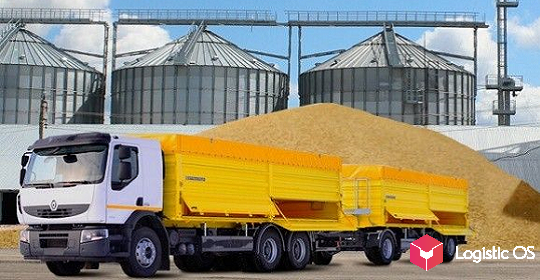According to experts, the ongoing processes of global warming on the planet can significantly change the yield of many crops, in particular wheat.
And not for the better.
According to research by scientists, from 2011 to 2020, the average temperature of the earth’s surface increased by 1 degree Celsius. This is a very high growth rate as the previous average temperature was held from 1850 to 1900.
This is not good for wheat.
For example, from 1972 to 2013, the sowing day shifted annually, by about 4 days per decade. As a result, world production fell by 5.7%.
In general, there is every reason to believe that for each rise in temperature by 1 degree Celsius, the yield of this crop will fall by 6%.
Today, due to the active process of warming on the planet, the annual drop in wheat yield in the world is 0.9%, which is a significant value. Indeed, in absolute numbers, this is about 5 million tons.
Which countries will be affected by global warming?
We can talk about very many countries, almost all.
For example, in Africa, wheat yields fell by an average of 2.3% from the 1970s to the 2000s.
But in some states, the decline can be much stronger than the «average».
For example, in Egypt there is a real trouble with wheat: the country produces it by 17.6% less than a few years ago. As a result, grain has to be imported to feed the population.
And Ethiopia, one of the most «grain» countries in Africa, also began to import, purchasing 1.8 million tons of wheat annually.
Given that African countries are far from the richest, food shortages can have very dire consequences for them.
Currently, there are forecasts according to which the deficit of wheat in Africa by 2025 could reach 48.3 million tons.
However, this problem can also affect countries with a temperate climate. For example, in Russia, for several years in a row, very severe droughts have been observed in the southern regions, which also reduce wheat productivity.
According to some assumptions, Siberia may receive the title of «granary of Russia» in the coming decades.
But even there, not everything is so good. For example, rising temperatures stimulate frequent forest fires.
In general, it is assumed that in countries of a temperate climate, the drop in wheat yields will be 4-7%, while in hot countries — up to 20%.
At the same time, the demand for food by 2050 should grow by 60% if the world’s population increases to 9 billion people.
So far, no one knows how to resolve this issue. After all, the measures that humanity is trying to take to slow the rise in temperature on the planet, very little helps to stop this process.

